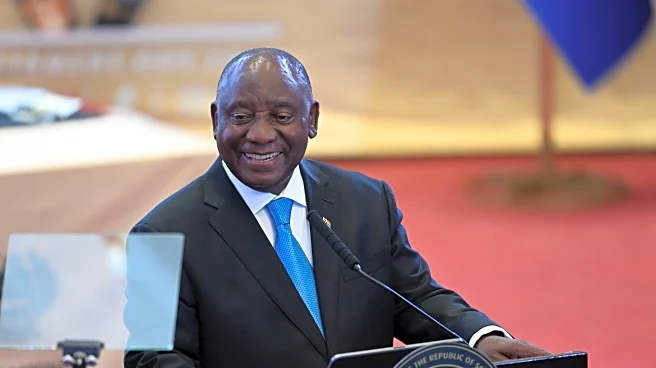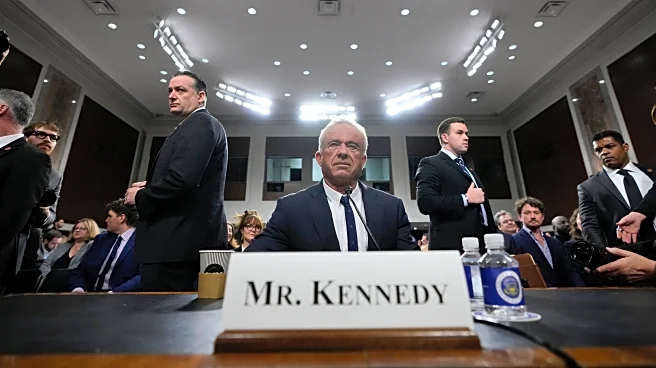By Hannah Lang
(Reuters) -Crypto giant Ripple supports the idea of a "skinny" Federal Reserve payments account for non-banks, which could still be a game changer while addressing banks' concerns over financial
stability and competition risks, a top company executive said.
"I think it's an attractive idea, and I think it should give traditional banks some comfort," Stu Alderoty, the chief legal officer of Ripple, said in an interview with Reuters on Tuesday.
Ripple in July said it had applied for a Fed "master account" which would allow it to plug directly into the U.S. central bank's payments infrastructure, rather than relying on intermediaries.
The Fed has long been wary of allowing lightly-regulated non-banks to access its plumbing, and banks have also opposed the idea, arguing it would create risks to the financial system.
In a potentially major change of policy, Fed Governor Christopher Waller last month said the central bank was exploring a "skinny" master account which would give firms access to Fed payments but not other key services and benefits, such as interest, overdrafts and access to its emergency lending window.
Despite those limitations, a "skinny" account, if granted, would still allow Ripple to quickly redeem reserves for its dollar-pegged stablecoin RLUSD, rather than relying on bank intermediaries, which slows down transactions and is more expensive.
"Thinking about that issue of redeemability, to be able to get in and out of Treasury or U.S. dollar assets quickly, the most efficient and transparent and quickest way to do that would be with access to a master account," Alderoty said.
Waller said the idea is just a prototype and could change.
"You're using it for a limited purpose, and you're not going to be using it for a broader purpose, which potentially could infringe upon the business of a traditional bank," Alderoty said.
It remains to be seen how banks will respond to the idea of a "skinny" Fed master account, and if the prototype goes far enough to address their longstanding concerns about non-banks accessing critical infrastructure for the financial system.
(Reporting by Hannah Lang in New York; editing by Michelle Price and Paul Simao)










